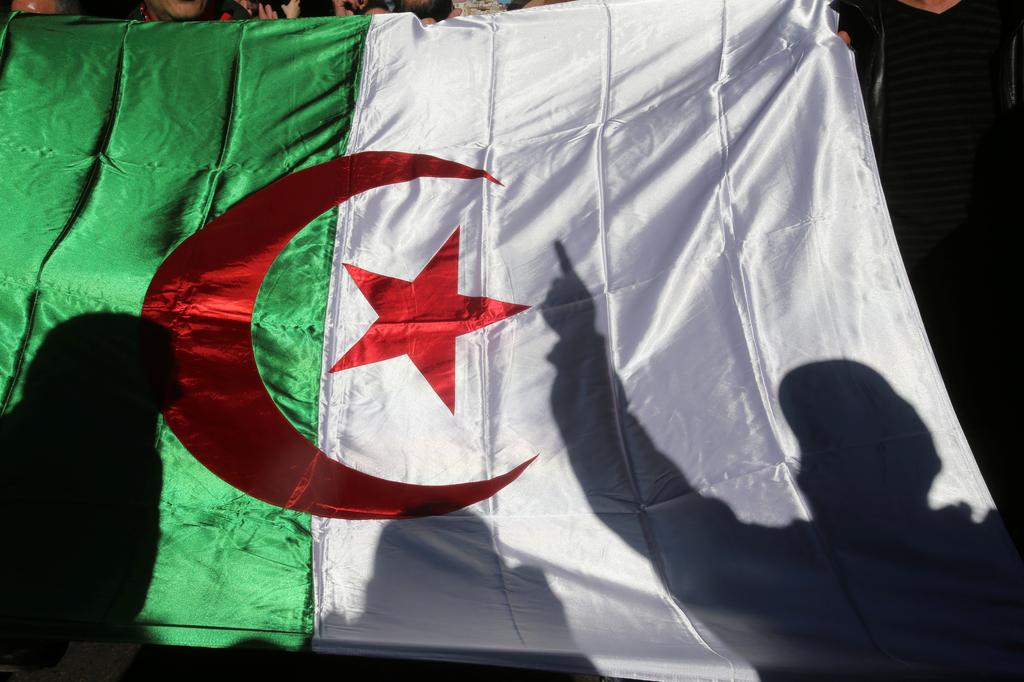
Tunisia was in shock Tuesday after riot police brutally clamped down on protesters defying a demonstration ban in the capital, with even President Moncef Marzouki denouncing "unacceptable violence."
"Black Monday," "fascist behavior," and "savagery" were among the harsh comments after some of the worst violence since last year's revolution that led to the downfall of Tunisian strongman Zine al-Abidine Ben Ali.
At least 15 civilians and eight policemen were hurt as riot police on Monday fired tear gas and baton-charged protesters who had turned out in their hundreds on a main avenue in Tunis despite a ban on demonstrations there.
Outside the capital, dozens of protesters attacked the ruling Ennahda party offices in the eastern town of Monastir on Monday, but did not manage to storm the building, Nejib Mrad, a lawmaker for the moderate Islamist party, told AFP.
"They attacked the offices, climbed on the roof and tore down banners and Ennahda flags," he said, linking the incident to the Tunis protests.
Security officials said six people were arrested.
Many people at Monday's rally in Tunis were protesting at the ban and against Ennahda, which emerged as the biggest party after an October vote, the first democratic poll since the uprising that ousted Ben Ali.
"We are all in shock, what happened is horrible, a point of no return has been reached," said Sadoua Elleuch of the Doustourna network, a civil society group.
"Police officers were very, very brutal," lawyer Radhia Nasraoui told AFP. "I had the impression we were reliving the situation under Ben Ali. This government does not solve Tunisians' problems, but it knows how to clamp down."
Many demonstrators voiced outrage at what they saw as authorities' double standards as they would not rein in hardline Muslim Salafis but cracked down on left-leaning protesters.
The Ennahda party chief on Tuesday condemned the violence, but dismissed suggestions that the country was tipping back towards authoritarian rule.
"Tunisia is not threatened by dictatorship it is threatened by chaos," Rached Ghannouchi said.
"Such a degree of violence is unacceptable," Marzouki said on national television, laying the blame both on those who tried to rally on Habib Bourguiba Avenue where demonstrations are banned and the way police acted.
"I deeply regret that peaceful protesters were injured," Marzouki said, deploring "the unacceptable standoff between the state that has banned demonstrations on Bourguiba Avenue and those who deliberately violated the ban."
Tunisian sociologist Salem Labieh said demonstrators should be allowed back on the avenue, the focal point of the demonstrations that led to Ben Ali's ouster, describing the ban as an "ill-conceived decision."
To highlight their outrage at the police's conduct, 15 opposition figures led a group of several hundred in a march on Bourguiba Avenue, after receiving permission from the interior ministry.
"We want to defend the Tunisian revolution that is seriously threatened," said Maya Jribi of the opposition Democratic Progressive party, one of the march leaders.



